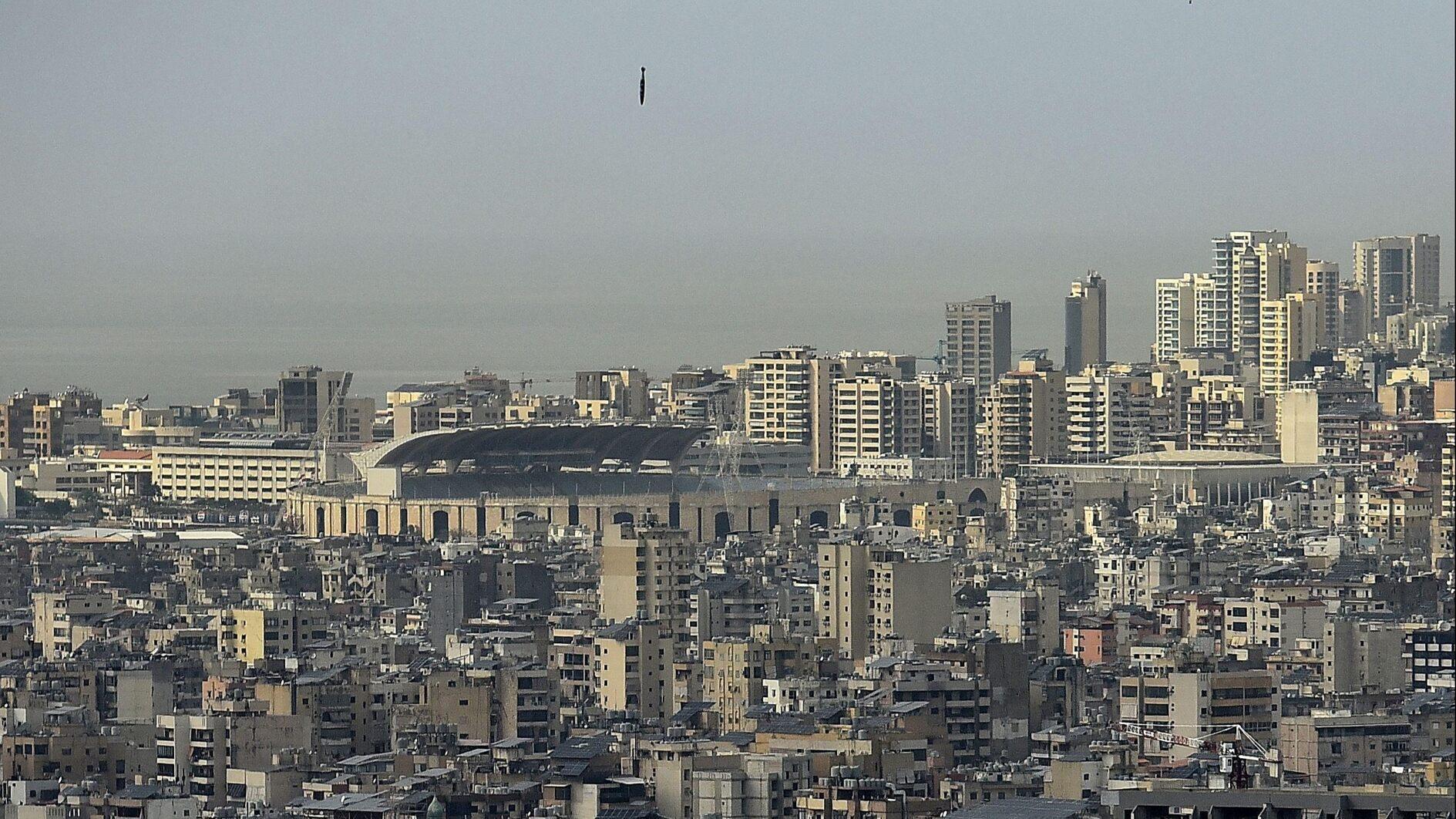CHP manifesto highlights its social democrat identity
Main opposition Republican People’s Party (CHP) leader Kemal Kılıçdaroğlu released his party’s election manifesto. The main slogan, “A Livable Turkey,” addresses everyone who has a complaint. First of all, let me stress that with this manifesto, the CHP has rather strengthened its “social democrat” identity. The ideological discourse of the CHP from the one-party era has been replaced by an economic and social language.
One of the principles of the Kemalist state perception was a “union of powers,” whereas, the first section of the manifesto is titled, “Freedom, Rule of Law and Democracy.” The first subtitle in this section is “Separation of Powers and Rule of Law.” Seeing the concepts of a “strengthened parliamentarian system” and an “impartial president” is indeed pleasing.
What corresponds to the principle of separation of powers in a parliamentarian system is that deputies are not selected by the party headquarters but elected by party grassroots. In a developed democracy, it is not even imaginable that deputy candidate lists are prepared by the leader or the party headquarters.
The ruling Justice and Development Party (AK Party), which bases its argument for the virtues of the presidential system on the principle of “separation of powers,” has to come up with an explanation why it did not hold primaries and why it violated this principle in this respect. Moreover, preliminaries are strongly emphasized in the AK Party constitution also.
In the CHP manifesto, the topics of the separation of powers in the parliamentarian system and the legislation control over execution have been rightly included: “The Turkish parliament, which is the most important institution of our Republic and our democracy, will be strengthened by protecting the essence of the principle of separation of powers.”
In his speech, Kılıçdaroğlu stressed the importance of “primaries” and criticized the “leader’s domination.” There are, unfortunately, no other parties than the CHP that respect the separation of powers in the candidate selection process. The CHP’s emphasis on “political morality” was also indeed very nice.
Economic and social
For a party like the CHP, keeping the dose of ideology low in its election manifesto and instead highlighting the subjects related to the everyday life of the voter is significant and positive.
It is highly accurate to emphasize “production with high added value, sector incentives information society, university-industry relations.” As a person who believes in a market economy, I also regard Kılıçdaroğlu’s words positively when he said, “First we will produce, then we will share it properly.” Really, without reaching an adequate production level, opting for extremes in sharing might bring welfare first but economic collapse following it. For this reason, planning and calculating are important.
The CHP will raise the minimum wage to 1,500 Turkish Liras and will not impose tax on it. Subcontracted workers in the public sector will end. Well good, but will the small and medium-sized enterprises be able to pay this minimum wage? What will be the effect of rising labor costs on small enterprises and in general on competition power? How will the suddenly increased costs affect the “Competing Turkey?”
Moreover, the state will not tax the minimum wage and at the same time will undertake new social expenditures. Well, without finding new income sources, how will budget discipline be maintained?
Indeed, the AK Party got carried away in extravagancy and show as its term extended, but will restricting the superfluous spending be enough for the concrete expenditures promised?
This seem like populism to me. CHP economists should bring explanations concurrent to “economic rationalism.”
Taxation of the “unregistered economy” would create a serious source, but have you realized that, despite its technical difficulties, none of the parties ever mention the “unregistered economy” before elections?











